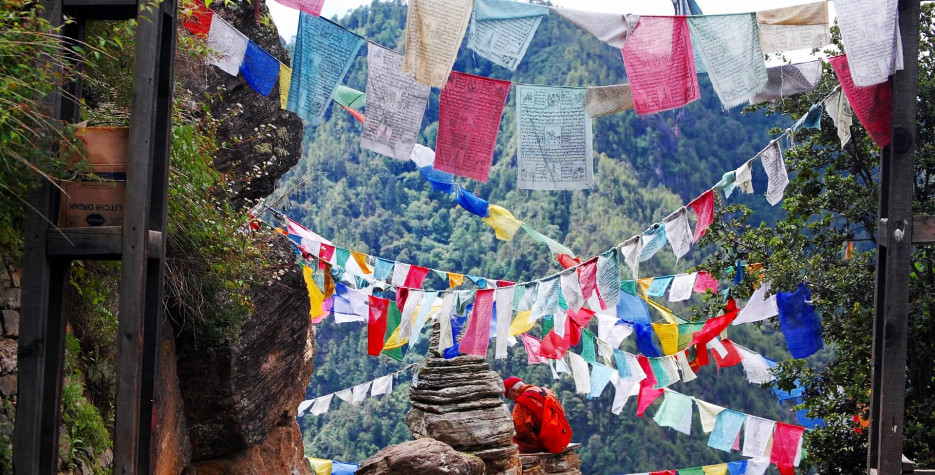When is the Traditional Day of Offering?
Known as Chunipa Losar, the Traditional Day of Offering (Dzongkha: buelwa phuewi nyim) is a public holiday in this Himalayan Kingdom on the 1st day of the last month in the Bhutanese lunar calendar. This means it usually takes place in January or February in the western calendar.
Traditional Day of Offering
The nation of Bhutan was founded in the 17th century by Zhabdrung Ngawang Namgyal, a Tibetan Buddhist lama.
To show their gratitude for unifying the country, representatives from all over Bhutan would arrive with offerings to Zhabdrung at Punakha Dzong (the ancient capital of Bhutan) on this day, which was observed as the New Year in eastern Bhutan at that time.
The offerings, known as buelwa, were made as an expression of love, devotion, loyalty and reverence for the Zhabdrung.
This New Year is followed by another New Year on the next new moon, Losar - the Tibetan New Year, which is the most important festival in Tibetan calendar and is marked by several days of public holidays. Losar usually takes place on the same day as the Lunar New Year observed across the rest of Asia. However, as the date each year is determined by astrologers based in Dharmsala, India, Losar may occur a lunar month later in Bhutan than China - this is the case in 2020 when Chunipa Losar falls on Lunar New Year in China and south-east Asia.


